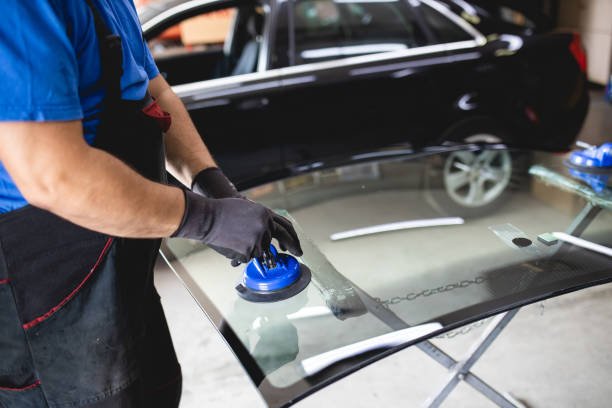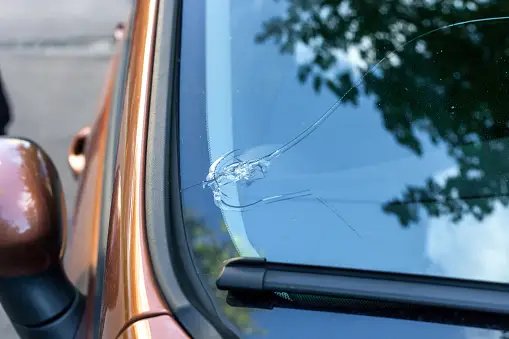Are You Damaging Your Auto Glass? Stop Doing These 5 Things

Many vehicle owners may not realize that everyday habits could compromise the integrity of their auto glass, ultimately leading to damage that requires costly repairs or replacements. Ensuring your auto glass remains in top condition isn't just about keeping your car looking good—it's also crucial for your safety. From selecting the right cleaning products to understanding the impact of environmental factors, there are several preventative measures to consider. This article will guide you through five common mistakes to avoid, helping you maintain clear and durable auto glass. Whether it’s the way you clean your windshield or how you handle minor chips, small changes in your routine can make a big difference in the lifespan and performance of your car's glass.
(623) 335-1798